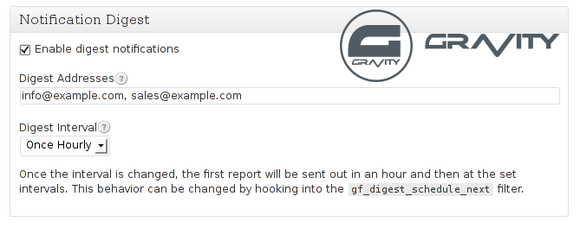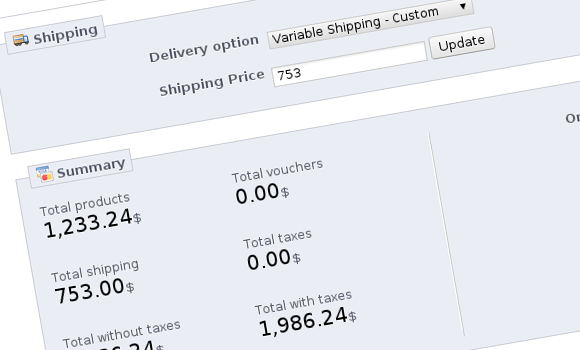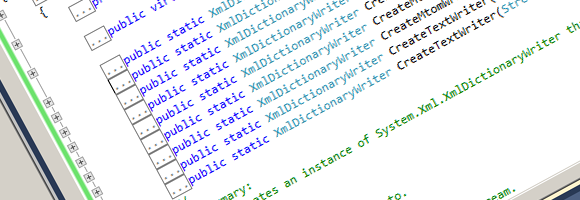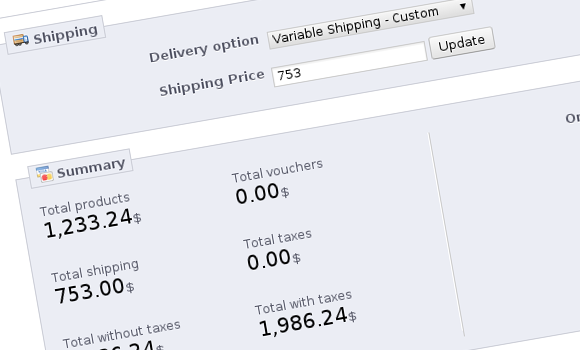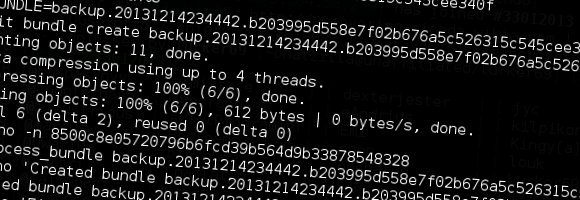Bulk Reports and Digests for Gravity Forms
I have written yet another Gravity Forms plugin/addon. This time the plugin was to generate bulk reports for form entries, digests of sorts. Based on a set schedule (which can be altered using the cron_schedules filter), this addon will aggregate all new form entries it hasn’t seen yet (including very old ones) and send them out to predefined e-mail addresses.
